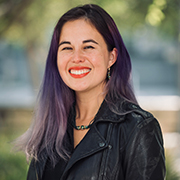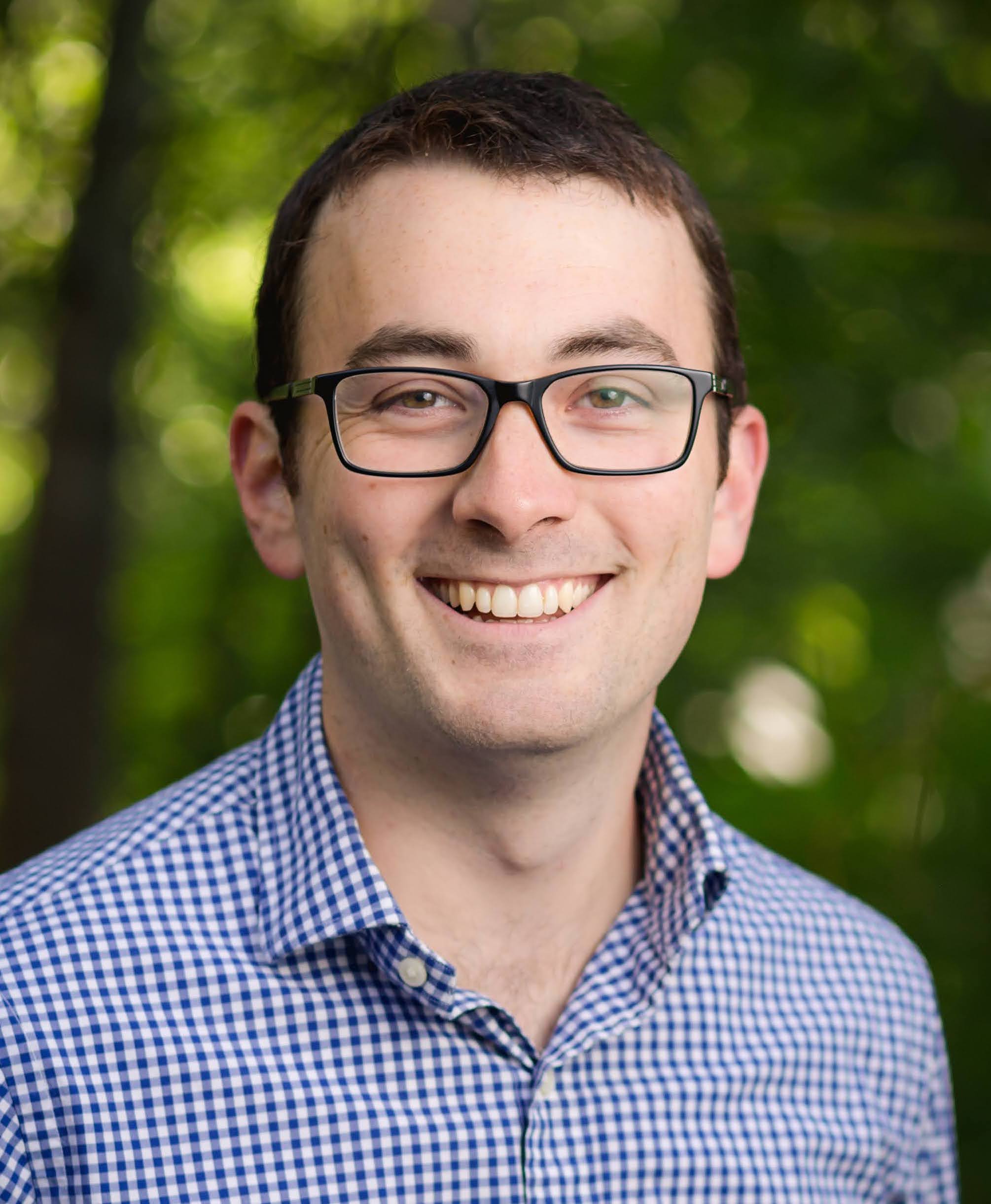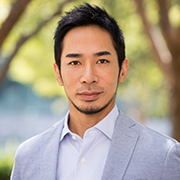The UCSF Edward and Pearl Fein Memory and Aging Center (MAC) and the Global Brain Health Institute (GBHI) received a Ruth L. Kirschstein Institutional National Research Service Award (T32) from the National Institute on Aging (NIA) within the U.S. National Institutes of Health (NIH). The grant funds the Multi-disciplinary Training in Alzheimer's Disease and Brain Health Research Program for postdoctoral scholars with a focus on Alzheimer’s disease and related dementias for a 2–3-year postdoctoral program.
Opportunities & Expectations
Candidates in the Postdoctoral Program in Multi-disciplinary Training in Alzheimer's Disease and Brain Health Research will benefit from the large portfolio of local, national, and international research. Prospective candidates should connect with a Fein MAC faculty member with shared expertise.
Candidates will be expected to apply for the Atlantic Fellowship and complete the 12-month in-residence program during the second year of their training period. This interdisciplinary, international program is devoted to improving brain health and reducing the scale and impact of dementia internationally. The new program offers mentored support for patient-oriented early career researchers in all aspects of dementia.
Candidates are expected to publish with their mentoring team and transition to independent developmental grant support (i.e., K-series at NIH) within the three training years.
Eligibility
- Must hold a PhD, MD, or comparable doctoral degree from an accredited institution
- Be a US citizen or permanent resident at the time of appointment
- Demonstrate a strong interest in an academic research career, particularly in dementia and brain health
- Applicants from any discipline are welcome to apply (i.e., arts, policy, social sciences).
Application Materials
- Online Application
- Curriculum Vitae (CV)
- Personal Statement
- Research Interest Statement
- Letter of Support from a UCSF Fein MAC faculty member who has agreed to serve as the applicant’s research mentor. Other faculty mentors not from the Fein MAC will be considered with pre-approval.
UCSF does not use race, gender, sex, or other protected categories or proxies for protected categories in the selection process.
Questions
Please contact Program Director, Dr. Victor Valcour, at [email protected].
Trainees
2024
2023
2022
 Wei-Ming Watson, PhD
Wei-Ming Watson, PhD




